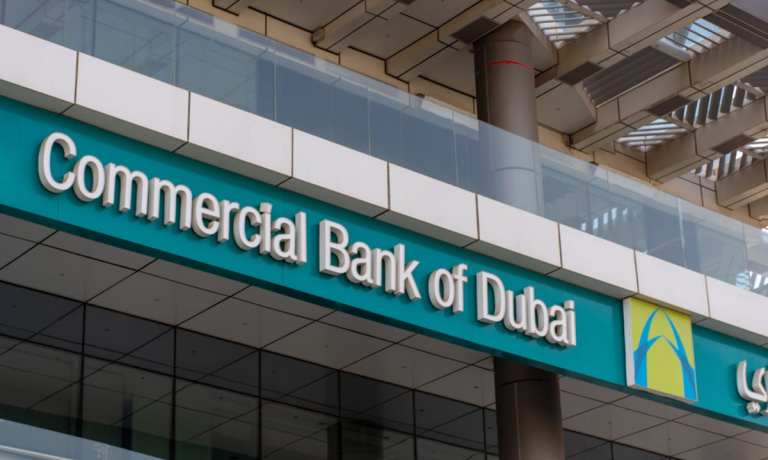CBD To Provide Digital Banking For DMCC-Licensed SMBs In UAE

The Commercial Bank of Dubai (CBD) has formed a partnership with the Dubai Multi Commodities Centre (DMCC) aimed at supporting business owners and promoting entrepreneurship. Business owners with DMCC trade licenses will now have access to CBD’s banking products and services to boost their business capabilities.
That includes “exclusive digital business accounts, which can be opened instantly with zero balance options, and a wide range of exclusive services tailored for all business needs,” the CBD said in a news release.
Dr. Bernd van Linder, the CBD’s chief executive officer, said the bank believes that small to medium-sized enterprises (SMEs) are vital to helping the national economy. “With this partnership with DMCC, we are delighted to offer SMEs and entrepreneurs, holders of DMCC trade licenses, a seamless and instant banking experience, complemented with tailored solutions to fulfill their business requirements,” van Linder said. “Our agreement will enhance the ease of doing business in the UAE and will boost the SME ecosystem.”
The partnership with the DMCC is the latest in a series of agreements made by the CBD in what it describes as an effort to support the SME ecosystem. The bank has previously inked agreements with Dubai Economy and Emirates Development Bank.
PYMNTS took a closer look at the banking situation in Dubai last year. The city — and the United Arab Emirates as a whole — is a bit unique, as the country’s population of 9.7 million people includes close to eight million immigrants who need to send money back home. “It’s a country with a 90 percent expatriate population,” said Rohit Garg, executive vice president at Dubai-based Mashreq Bank, in an interview with PYMNTS. “Money transfers and cross-border payments assume a lot of significance, because most expatriates send back money to their home countries.”
The advent of the “local switch” for cross-border payments has made the practice of sending money home much easier. It allows any bank to connect seamlessly with banks in other countries, rather than relying on chains of bilateral agreements to transfer funds.